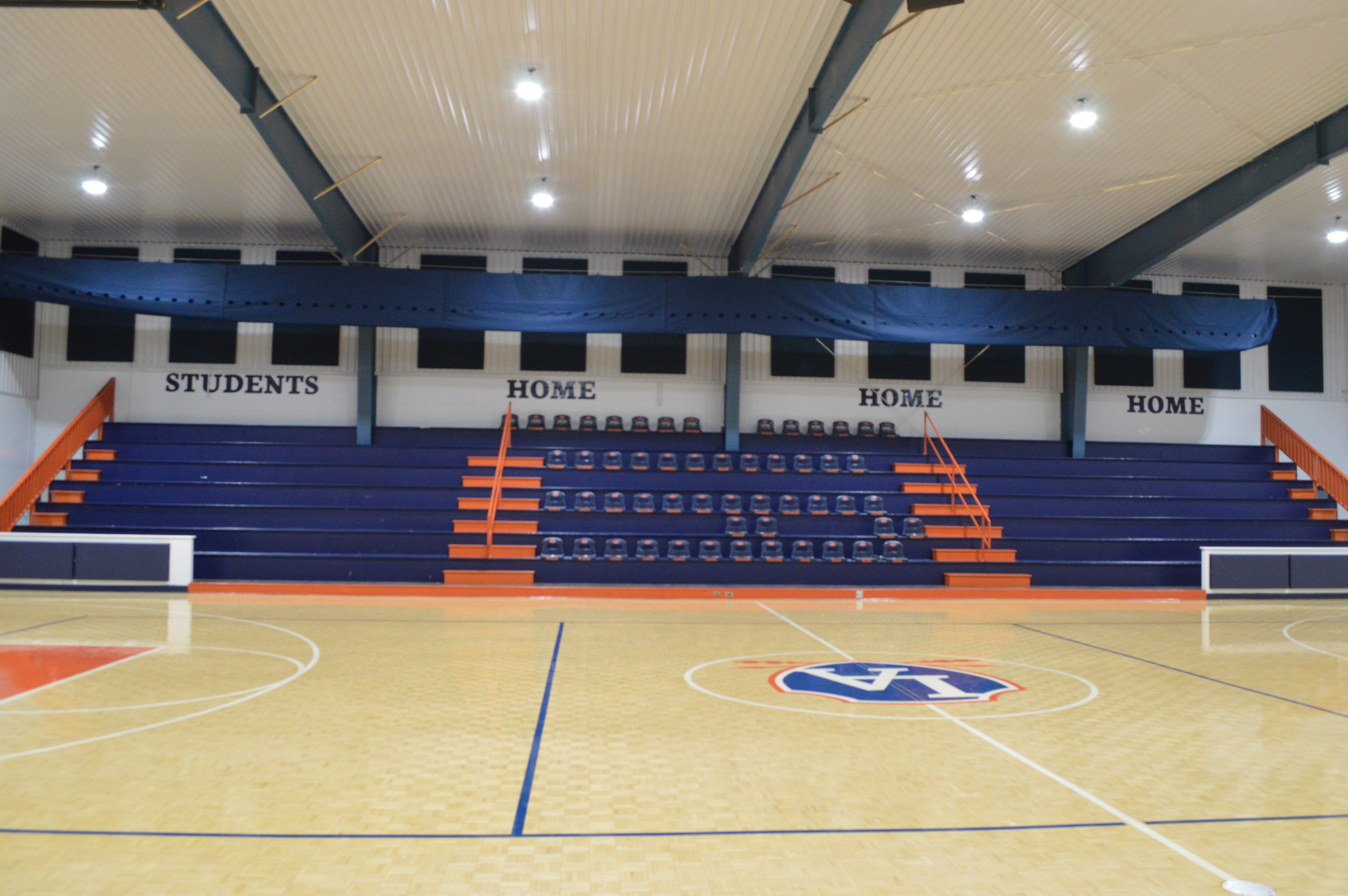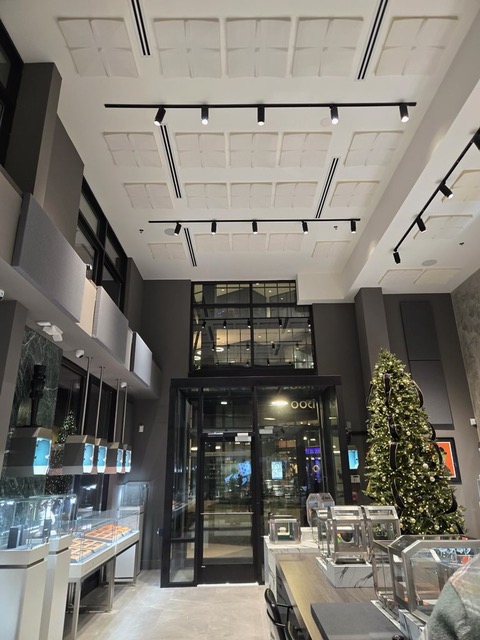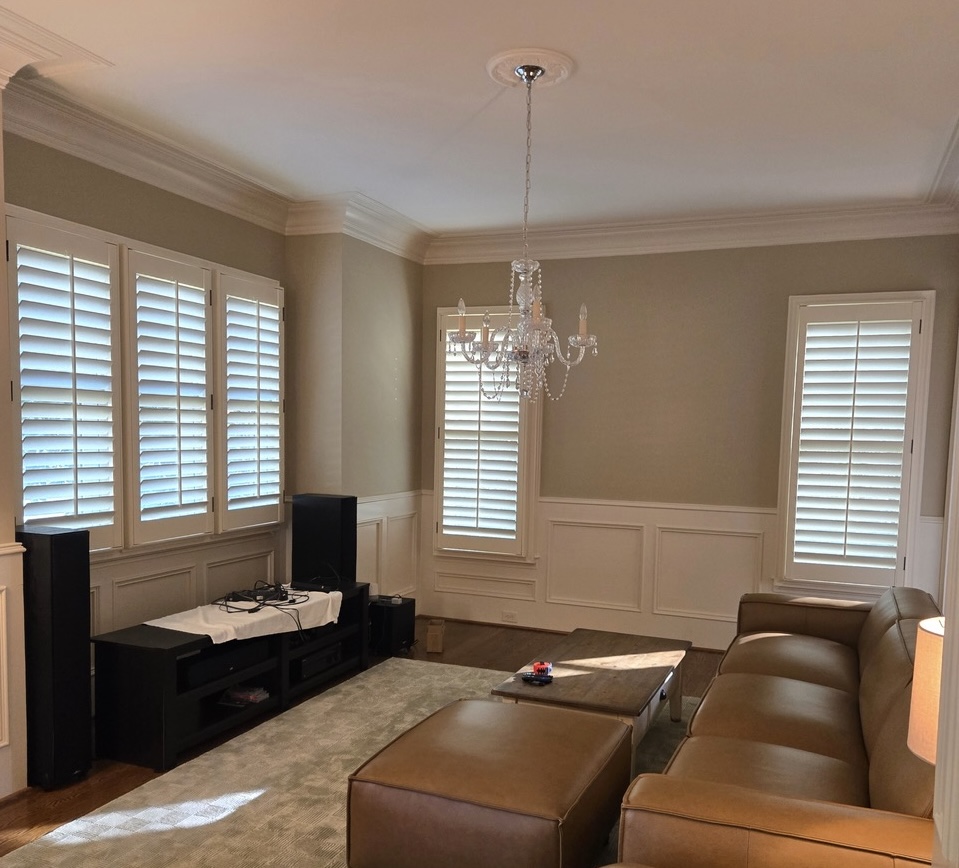Common Soundproofing Mistakes to Avoid in Commercial Spaces
Introduction:
Do you struggle to concentrate at work due to excessive noise levels in your commercial space? Are you tired of dealing with customer complaints about noise levels in your restaurant or bar? If so, it's time to consider soundproofing your commercial space. Don't let unwanted noise interfere with your productivity, customer experience, and bottom line any longer. In commercial spaces such as offices, restaurants, or conference rooms, acoustics play an important role in creating a comfortable environment. Poor room acoustics can cause a wide range of problems, including echo, reverberation, and noise pollution. This can result in a lack of speech intelligibility, difficulty in hearing or understanding conversations, and increased levels of stress and fatigue. Soundproofing, on the other hand, is a solution for reducing the level of sound transmitted from one space to another.
However, soundproofing is not as simple as it may seem, and there are many common mistakes that businesses make that can compromise the effectiveness of the solution. In this blog, we will explore the common soundproofing mistakes to avoid in commercial spaces.
All about soundproofing
Soundproofing is the process of reducing or eliminating unwanted sound and noise from a given space. The goal of soundproofing is to improve the acoustic quality of a space by reducing external noise levels and preventing sound from leaking into or out of a room. This is achieved by using sound-absorbing materials and constructing barriers that prevent sound from passing through walls, ceilings, floors, and other surfaces.
People prefer soundproofing for a variety of reasons. In commercial spaces, excessive noise can be a major issue, affecting productivity, customer satisfaction, and even the health and well-being of employees. By soundproofing a commercial space, business owners can create a more comfortable, productive, and inviting environment for their customers and employees.
For example, a restaurant with poor acoustic quality can be an unpleasant experience for diners, with noise levels interfering with conversation and overall enjoyment of the meal. By soundproofing the restaurant, the noise levels can be reduced, making it a more pleasant and enjoyable dining experience for customers.
Soundproofing is also important in other commercial spaces, such as offices, conference rooms, music studios, and recording studios. In these spaces, it is important to have a quiet and distraction-free environment to work and communicate effectively. Soundproofing can help to create this type of environment by reducing outside noise levels and preventing sound from leaking into or out of the space.
Overall, soundproofing has become increasingly popular in recent years as people recognize the importance of a comfortable and productive acoustic environment
Soundproofing: key to your comfort and privacy
However, there are several common soundproofing mistakes that can lead to inadequate results and unnecessary expenses.
Ignoring Soundproofing During Construction
One of the biggest mistakes is failing to consider soundproofing during the construction phase of a commercial space. Retrofitting soundproofing materials after the fact can be challenging and costly, and may not provide the same level of soundproofing as an integrated system.
It is important to consider soundproofing as part of the initial design of the space. This includes selecting the appropriate materials and techniques to be used in soundproofing the space. This is especially important for high-traffic areas, such as restaurants and bars, which generate a lot of noise from talking and music.
When considering soundproofing during construction, it is important to consider the specific needs of the space. For example, an office space will require different soundproofing solutions than a bar or nightclub. It is important to work with a professional soundproofing company that can provide tailored solutions for the specific needs of the space.
Not Considering the Entire Structure
Another common mistake is only soundproofing one area of commercial space, rather than considering the entire structure. For example, sound can easily travel through the ceiling or floor, so simply soundproofing the walls may not be sufficient.
A comprehensive soundproofing plan should consider all areas of the structure. This includes the walls, ceiling, and floor. It is important to use the appropriate materials for each area of the structure. For example, it may be necessary to use soundproofing insulation in the walls, while using a different material for the ceiling or floor.
Not Using the Right Materials
Choosing the wrong soundproofing materials is another common mistake. Some materials may not be effective at reducing certain types of noise, while others may be too expensive for the level of soundproofing required.
It is important to research and choose the right materials for the specific type of noise and level of soundproofing required. For example, soundproof curtains may be effective for reducing noise from outside, but they may not be effective for reducing noise within the space.
The type of material used for soundproofing will depend on the specific needs of the space. Some common materials used for soundproofing include mass-loaded vinyl, soundproof curtains, acoustic foam, and fiberglass insulation.
Not Sealing Air Leaks
Air leaks can significantly reduce the effectiveness of soundproofing materials, as sound can easily travel through them. It is important to seal any air leaks around windows, doors, and other openings to ensure the maximum level of soundproofing.
In addition to soundproofing materials, it is also important to consider air leaks and draft issues. This includes sealing gaps around windows and doors and ensuring that HVAC systems are properly sealed.
Sealing air leaks will not only improve soundproofing, but it can also help reduce energy costs and improve indoor air quality.
Not Considering HVAC Systems
HVAC systems can be a major source of noise in commercial spaces. Failing to consider the noise levels of HVAC systems during the design and soundproofing process can result in a less effective soundproofing solution.
It is important to choose HVAC systems with low noise levels and consider their placement in the space. For example, placing HVAC equipment away from common areas or using sound-absorbing materials around the equipment can help reduce noise levels.
How much noise does soundproofing reduce?
The amount of noise reduction that soundproofing can provide varies depending on a variety of factors, including the type and quality of the soundproofing materials used, the construction of the building, the source and type of noise, and the level of soundproofing required.
In general, soundproofing can reduce noise levels by up to 50 decibels, which can make a significant difference in the overall sound level of a space. However, it is important to note that no soundproofing solution can completely eliminate all noise, especially if the noise source is very loud or persistent.
It is also important to consider the specific needs of the space when determining the level of soundproofing required. For example, a commercial space that requires a high level of speech privacy may require more soundproofing than a space that simply needs to reduce external noise levels.
In order to determine the appropriate level of soundproofing required for your specific space and needs, it is recommended to consult with a professional soundproofing company that can provide tailored solutions based on the specific needs of your commercial space.
What areas need soundproofing
The areas within a commercial space that is experiencing excessive noise levels or requiring speech privacy can potentially benefit from soundproofing solutions:
- Walls: Soundproofing walls can help to reduce noise transmission from adjacent rooms or external sources.
- Ceilings: Soundproofing ceilings can help to reduce noise transmission from upper floors, mechanical equipment, or other sources.
- Floors: Soundproofing floors can help to reduce noise transmission from lower floors, mechanical equipment, or foot traffic.
- Doors: Soundproofing doors can help to reduce noise transmission through the door itself or around the door frame.
- Windows: Soundproofing windows can help to reduce noise transmission from external sources such as traffic or construction.
- HVAC systems: Soundproofing HVAC systems can help to reduce noise transmission from air handling units, ductwork, or other equipment.
- Mechanical rooms: Soundproofing mechanical rooms can help to reduce noise transmission from noisy equipment such as pumps, compressors, or generators.
- Conference rooms: Soundproofing conference rooms can help to provide speech privacy and reduce external noise distractions
- Music studios: Soundproofing music studios can help to prevent sound from leaking out of the studio and interfering with other areas of the building.
Conclusion:
Soundproofing is an essential investment for any commercial space that wants to provide a comfortable and productive environment for its customers and employees. However, it is important to avoid common mistakes that can compromise the effectiveness of the soundproofing solution. These mistakes include neglecting to address air gaps, using low-quality soundproofing materials, and not considering the specific needs of the space.
By working with a professional soundproofing company like Sound Proof Atlanta, you can avoid these mistakes and ensure that your commercial space is properly soundproofed to meet your specific needs. With their expertise and top-quality materials, Sound Proof Atlanta can help you create a more comfortable and productive acoustic environment that meets the needs of your business.
So, don't wait any longer, contact Sound Proof Atlanta today to learn more about their soundproofing services and take the first step towards a more peaceful and productive commercial space.
.svg)




